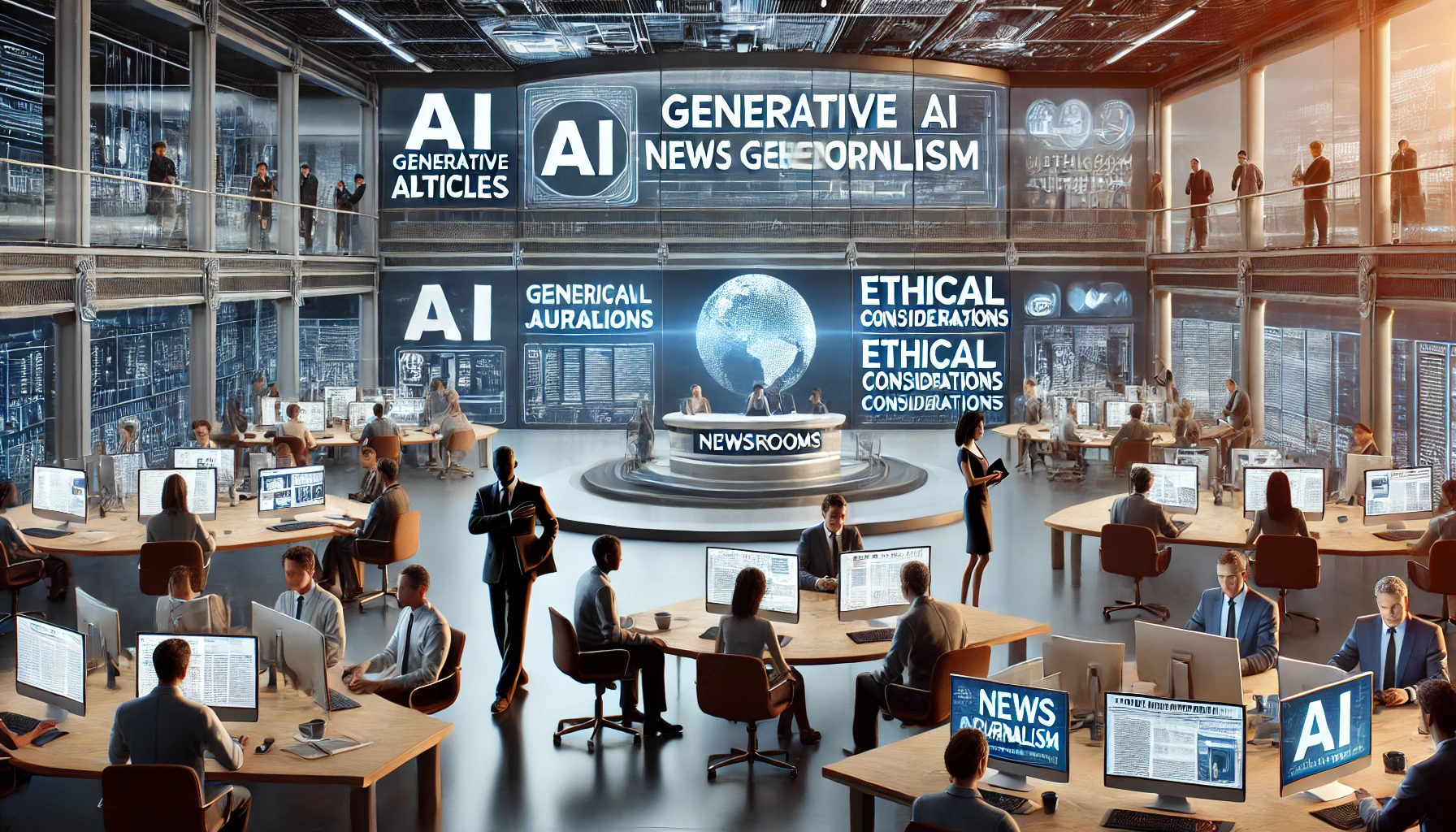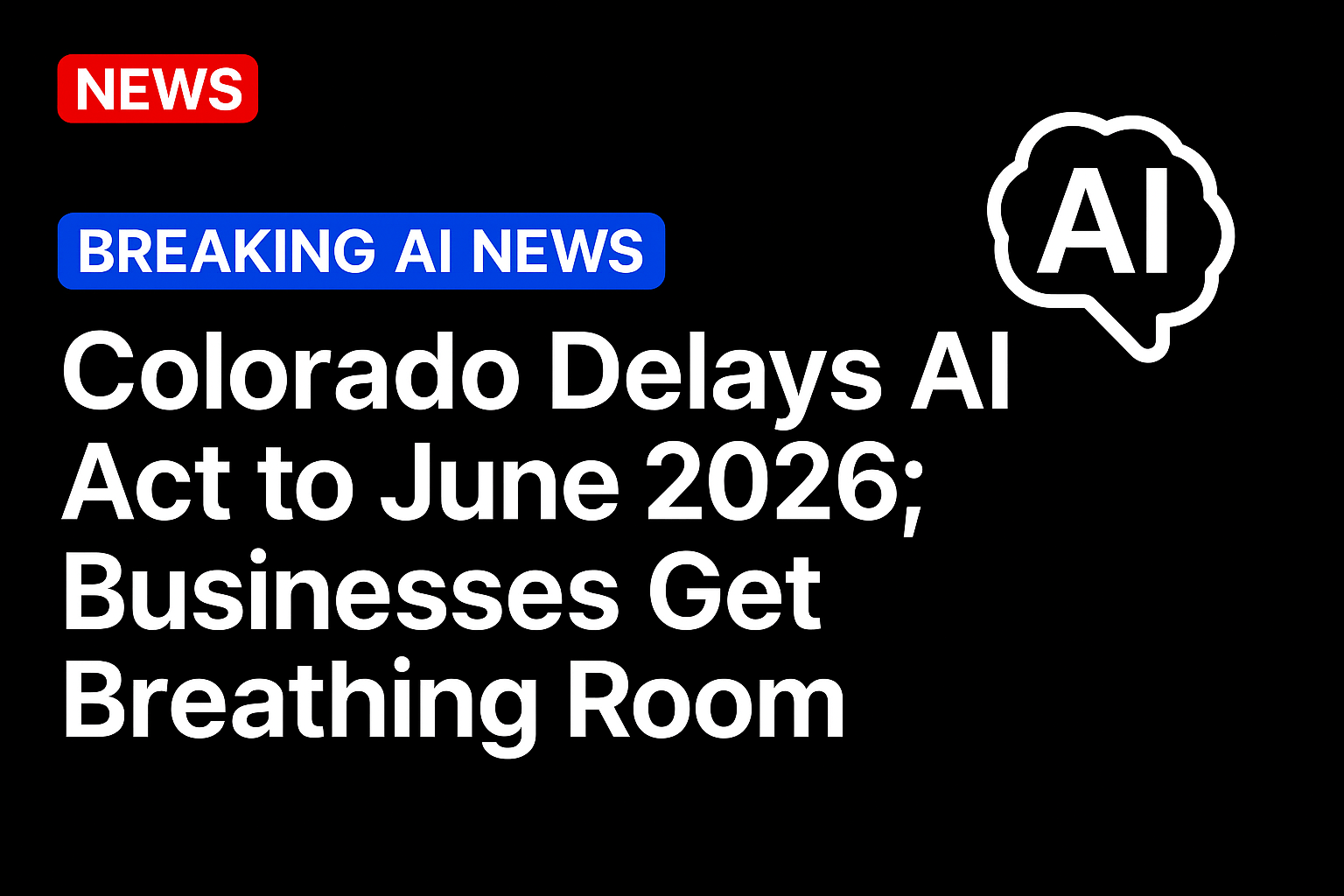Artificial intelligence is transforming the healthcare insurance industry, but not always for the better. UnitedHealthcare and other major insurers are increasingly relying on AI systems to process and, in some cases, deny claims. While marketed as tools for efficiency, these systems often prioritize cost-cutting over patient care.
AI algorithms analyze patient data, medical codes, and historical claim patterns to flag claims for denial. Critics argue that this practice disproportionately impacts patients with complex or chronic conditions, who may face unjust claim rejections due to algorithmic biases or oversights.
Insurers defend the use of AI, citing faster processing times and reduced administrative costs. However, patient advocacy groups warn that the lack of transparency in AI decision-making undermines trust and leaves patients navigating a labyrinth of appeals.
This practice raises critical ethical and legal questions: Is AI being used responsibly in healthcare, or is it enabling systemic denial of care under the guise of technology?
Let me know if you’d like any further modifications!





